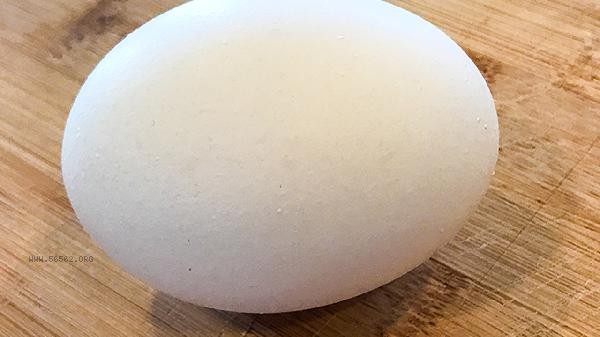Adding white vinegar when stir frying eggs can mainly help remove fishy odors, enhance flavor, and improve tenderness and smoothness. The acidic components of white vinegar can neutralize the gamey smell, promote protein denaturation to make the taste more delicate, and delay the oxidation and blackening of eggs.

Adding a small amount of white vinegar during the process of frying eggs can react with the alkaline substances in the eggs, effectively removing the gamey smell. This deodorizing effect is particularly evident for varieties with strong fishy odors such as eggs. Acidic environment can also make the protein molecule structure looser, forming a more uniform and fine coagulation network during frying, avoiding excessive shrinkage and hardening of proteins, thus keeping eggs tender and smooth in taste. Experiments have shown that when stir fried eggs with white vinegar are chewed, the breaking force is significantly reduced and the tenderness is significantly improved. The antioxidant components in white vinegar can inhibit the binding of iron ions and sulfides in eggs, reduce the production of hydrogen sulfide gas during frying, and avoid the appearance of grayish green color on the surface of eggs. However, it should be noted that the amount of white vinegar added should not be too much. Usually, 1-2 milliliters of white vinegar are enough for 500 grams of eggs. Excess can lead to excessive acidity and damage to vitamin B1. For patients with excessive stomach acid or gastric ulcers, acidic environments may irritate the gastric mucosa, and it is recommended to use lemon juice as a substitute.

When cooking in daily life, you can first stir white vinegar and egg mixture thoroughly before putting them in the pot, and then pair them with chopped green onions or cooking wine to further enhance the aroma. Choosing to brew white vinegar has a softer flavor than preparing vinegar, and controlling the oil temperature at 160-180 ℃ during frying can better lock in the moisture of the eggs. If special populations need to control their acid intake, they can use milk instead of some egg liquid to increase the tenderness and smoothness, or switch to slow frying over low to medium heat to keep the eggs moist.










Comments (0)
Leave a Comment
No comments yet
Be the first to share your thoughts!